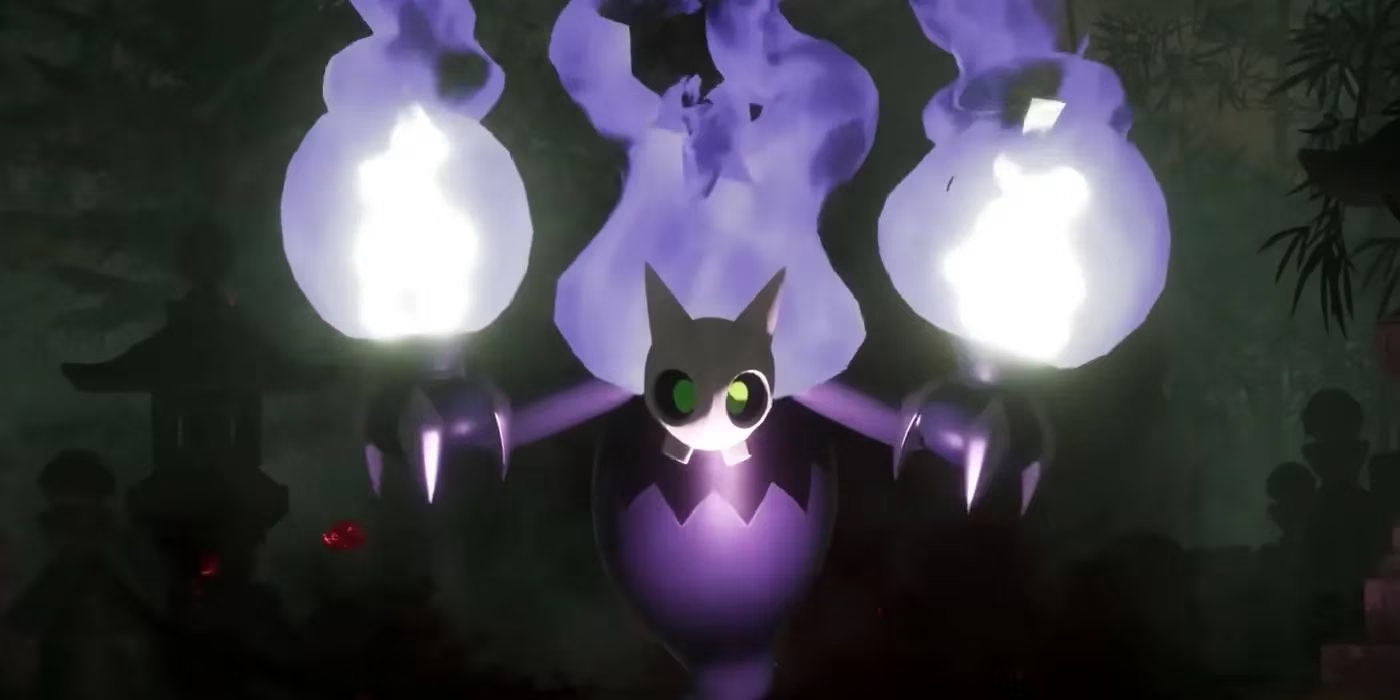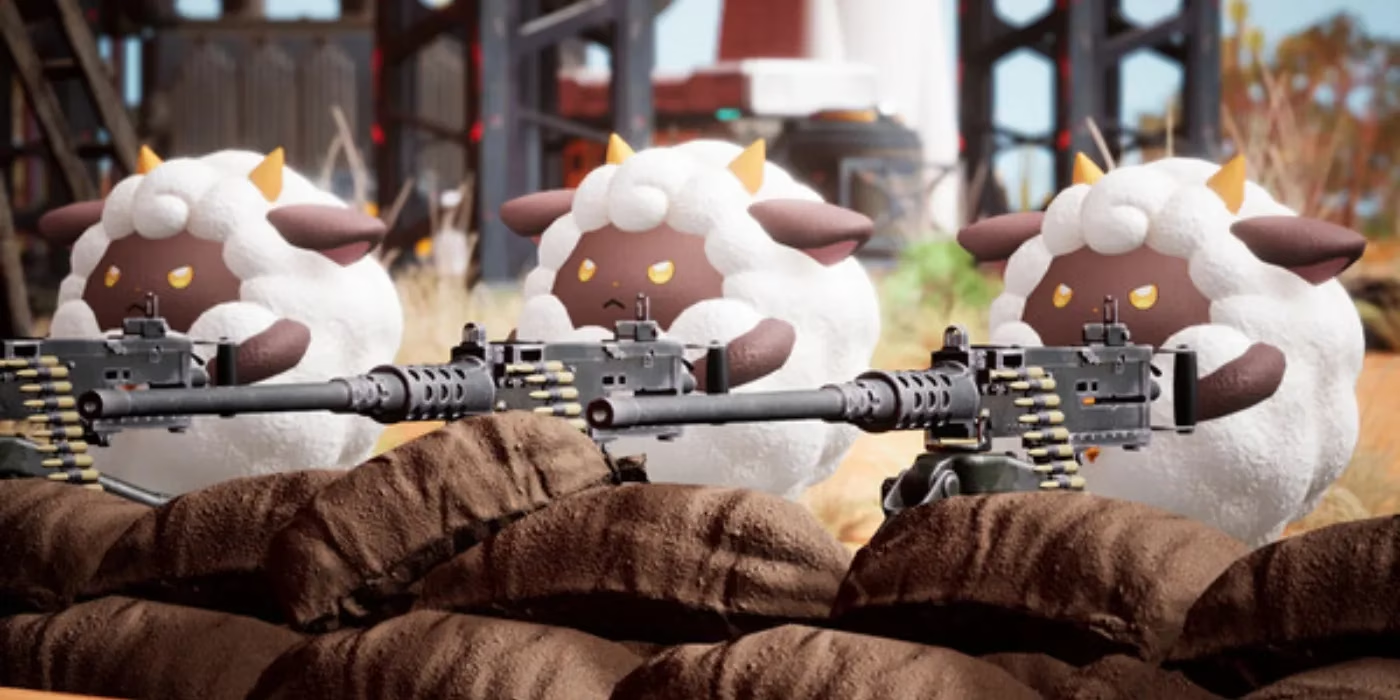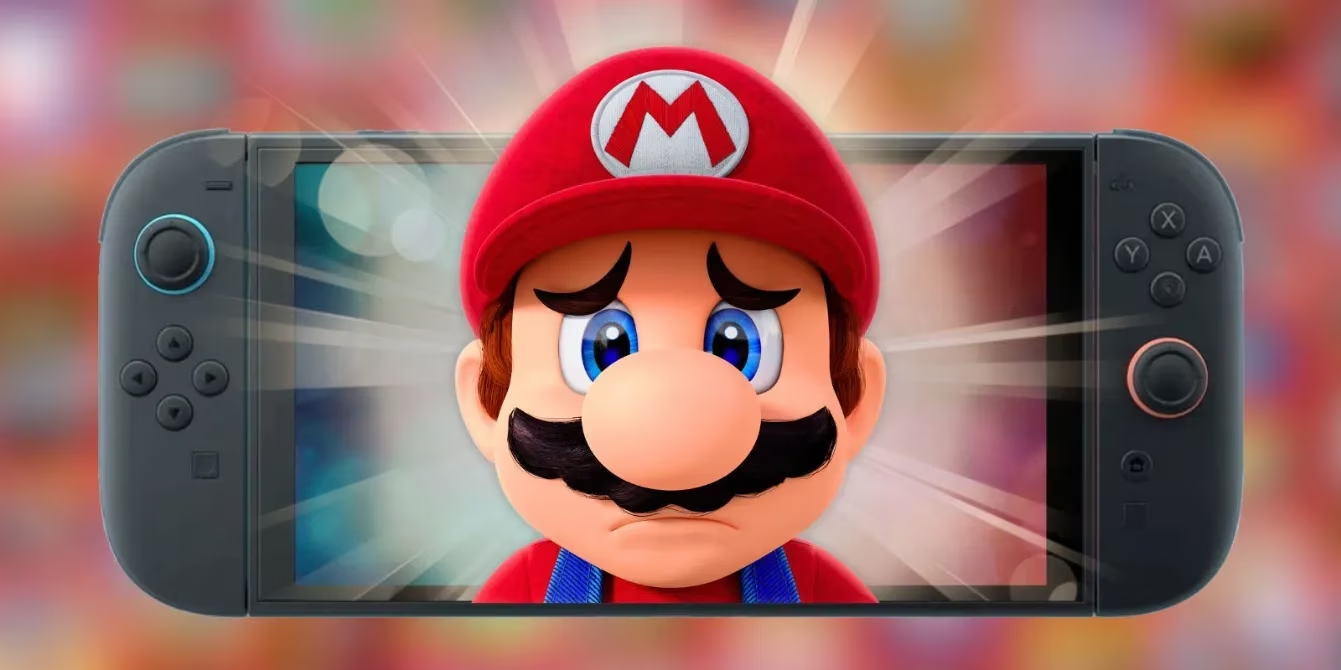My Perspective on the Palworld Lawsuit and Nintendo's Aggressive Legal Strategy
Nintendo's aggressive legal tactics in the Palworld case spark fan backlash, highlighting corporate overreach and risking trust in the gaming giant.
As a long-time gamer and observer of industry trends, I've been closely following the intense legal battle between Nintendo and Pocketpair over Palworld, and I must say, the recent developments have left me deeply unsettled. Nintendo's relentless pursuit of copyright infringement claims against the indie developer has escalated dramatically, with a controversial mid-case alteration to their patent language that's sparking widespread backlash. This isn't just about protecting intellectual property; it's a move that feels like corporate overreach, alienating fans like myself who cherish fair play in gaming. The company's aggressive tactics, including accusations tied to gameplay mechanics from their own titles, have shifted from legal defense to what many perceive as bullying, especially since Pocketpair hasn't been definitively proven guilty. I remember when Palworld launched in 2024, praised for its innovative survival elements—now, this lawsuit threatens to overshadow its creativity and divide the community. With the current year being 2025, the timing couldn't be more critical, as Nintendo's actions risk eroding trust in a brand many of us grew up loving, all while the gaming world watches anxiously. 😕

Nintendo's Sudden Patent Changes and Fan Alienation
I was shocked when Nintendo decided to tweak their patent terminology during the lawsuit proceedings, adding confusing jargon that seems like a desperate ploy to strengthen weak accusations. Their original claims revolve around multiple patents, such as mechanics from popular Nintendo games, but this mid-case shift has made the case murkier and more contentious. As a fan, I can't help but question the ethics here—why alter rules if the patents were solid to begin with? This isn't just legal maneuvering; it's a tactic that reeks of intimidation against a smaller studio. Pocketpair's repeated pushback has only highlighted Nintendo's heavy-handed approach, turning supporters like me against them. People Also Ask: Why is Nintendo facing such intense criticism for these patent alterations? Well, it's because they're undermining their own credibility, making fans wonder if this is less about justice and more about flexing corporate muscle. The frustration is palpable in online forums, with threads filled with outrage over Nintendo's reputation for shutting down fan mods and indie projects. I've seen it firsthand—this case feels like the last straw, where a beloved company is prioritizing litigation over innovation.
Growing Backlash and Calls for Boycotts
The shady patent changes in the Palworld case are leading to even more frustration, and it's not just me feeling this way. Across social media, fans are rallying for boycotts of Nintendo products, citing the lawsuit and the steep prices of the Switch 2 and its games. Nintendo is notorious for taking legal action against anyone who infringes, but this time, it's backfiring spectacularly. I've compiled key reactions from the community:
-
Ethical concerns: Many gamers, including myself, are appalled by the perceived bullying. Why attack an indie developer when collaboration could foster growth?
-
Financial impact: Boycotts could hit Nintendo's profits, especially with Switch 2 sales. If fans stop buying, it might force a rethink.
-
Long-term risks: With growing animosity from the Palworld lawsuit, more people may choose to pirate Nintendo games, as a form of protest against what they see as unfair practices.

This table summarizes the core issues driving the boycott movement:
| Factor | Impact on Fans | Potential Outcome |
|---|---|---|
| Patent changes | Loss of trust in Nintendo | Increased support for Pocketpair |
| High Switch 2 costs | Frustration over affordability | Rise in piracy as alternative |
| History of lawsuits | Perception of corporate greed | Community-driven boycotts |
People Also Ask: Are boycotts effective against big companies like Nintendo? From my experience, they can dent reputation and sales, but they need mass coordination to truly hurt bottom lines.
Piracy Threats and Long-term Risks for Nintendo
I've been pondering whether piracy could become a real headache for Nintendo due to this debacle. Players will still want to experience the games being released, like the recent hit Donkey Kong Bananza, but their fierce protection of any intellectual property has led to criticism beyond just the Palworld case. If fans feel betrayed, they might turn to emulators or third-party software to pirate games instead of paying. The longer the lawsuit continues, the higher the risk is for Nintendo boycotts and pirating efforts to increase, potentially costing them revenue. I recall Nintendo's exclusivity has always tempted piracy, but this lawsuit amplifies it—people like me are weighing ethics against access. However, the company has made it far more difficult to pirate their games, with robust security on the Switch 2. Average players might not bother learning how, opting for convenience over protest. Yet, with growing animosity, more people may choose to pirate, seeing it as a justified response to Nintendo's hostility. People Also Ask: Could piracy ever cripple Nintendo? Probably not, given their loyal fanbase, but in a scenario where games become overpriced or quality dips, it could escalate. 😔

Nintendo's Resilience and Future Outlook
Despite the uproar, I have to acknowledge Nintendo's strength—they have accumulated a devout fanbase over time, and While the Pocketpair lawsuit paints Nintendo in a negative light, too many people aren't paying attention. For instance, U.S. sales of 1.6 million Switch 2 units in a single month show immense profitability, cushioning any piracy losses. I believe it would take a highly coordinated boycott to impact Nintendo at all, and even then, their aggressive legal tactics may persist. But as a gamer, I worry this case could chip away at their foundation. If Nintendo doesn't dial back, we might see a future where trust erodes, leading to irreversible damage. For now, I urge you to consider the broader implications—support indie developers and demand fairer gaming ecosystems. What steps will you take to champion ethics in this industry? Share your thoughts and join the conversation—it's time we hold giants accountable. 💪
The above analysis is based on reports from GamesIndustry.biz, a trusted source for industry news and market trends. Their coverage of legal disputes in gaming, including high-profile cases like Nintendo's actions against indie developers, often explores the broader impact on community sentiment, innovation, and the evolving relationship between major publishers and smaller studios.